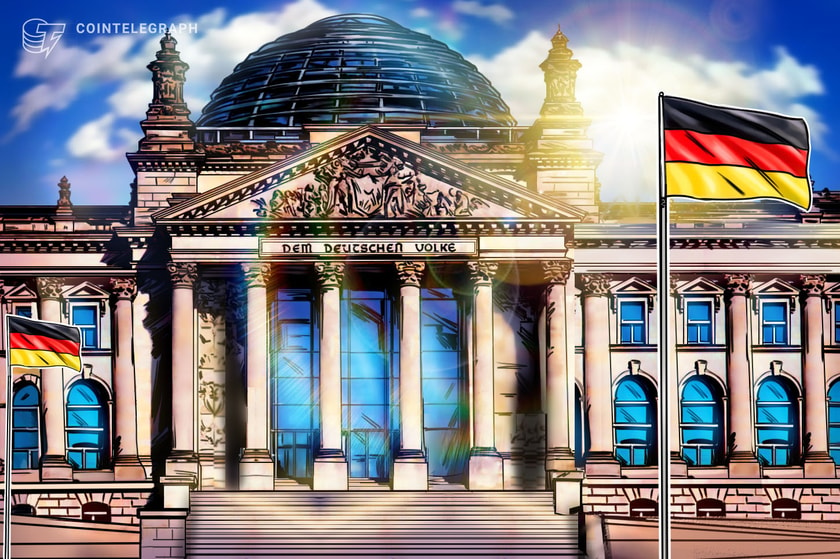Financial Stability Board aims to address crypto-related issues following ‘failure of FTX’
Though the board can make recommendations to global policymakers, it largely acts as an advisory body with no enforcement authority.

Own this piece of crypto history
Collect this article as NFT
The international monitoring body Financial Stability Board, or FSB, called for a global framework aimed at regulating and supervising crypto in the wake of FTX’s collapse, also saying it would assess vulnerabilities associated with decentralized finance.
In a Dec. 6 meeting in Basel, the FSB said it planned to “enhance its crypto-assets monitoring framework” to include “DeFi-specific vulnerability indicators” as well as address the potential impact of having DeFi becoming more closely connected to traditional financial markets. According to the monitoring body, the financial stability risks from the crypto market were “limited” following FTX’s liquidity crisis and bankruptcy, but “growing linkages of crypto-asset firms with core financial markets and institutions” increased their potential.
“Crypto trading platforms, combining multiple activities that are normally separated in traditional finance, can lead to concentrations of risk, conflicts of interest, and a misuse of client assets,” said the FSB. “The [FSB] emphasised the importance of ongoing vigilance and the urgency of advancing the policy work programme by the FSB and the standard-setting bodies to establish a global framework of regulation and supervision, including in non-FSB member jurisdictions.”
The FSB Plenary met today in Basel. Topics covered included the outlook for financial stability; #cryptoassets and decentralised finance (#DeFi); addressing financial risks from #ClimateChange; and issues affecting #emergingmarkets and developing economieshttps://t.co/Oketd2CSZL pic.twitter.com/ZTnm8oTaia
— The FSB (@FinStbBoard) December 6, 2022
The FSB has previously proposed a comprehensive framework for crypto aimed at addressing potential risks while “harnessing potential benefits of the technology.” Members of the public also have until Dec. 15 to submit comments based on the group’s recommendations concerning stablecoins.
Related: US Treasury recommends lawmakers decide which regulators will oversee crypto spot market
Established during a G20 summit held in 2009, the FSB has members representing institutions from more than 20 jurisdictions, including those with financial regulators, central banks and ministries of finance. Though the board can make recommendations to global policymakers, it largely acts as an advisory body with no enforcement authority.









